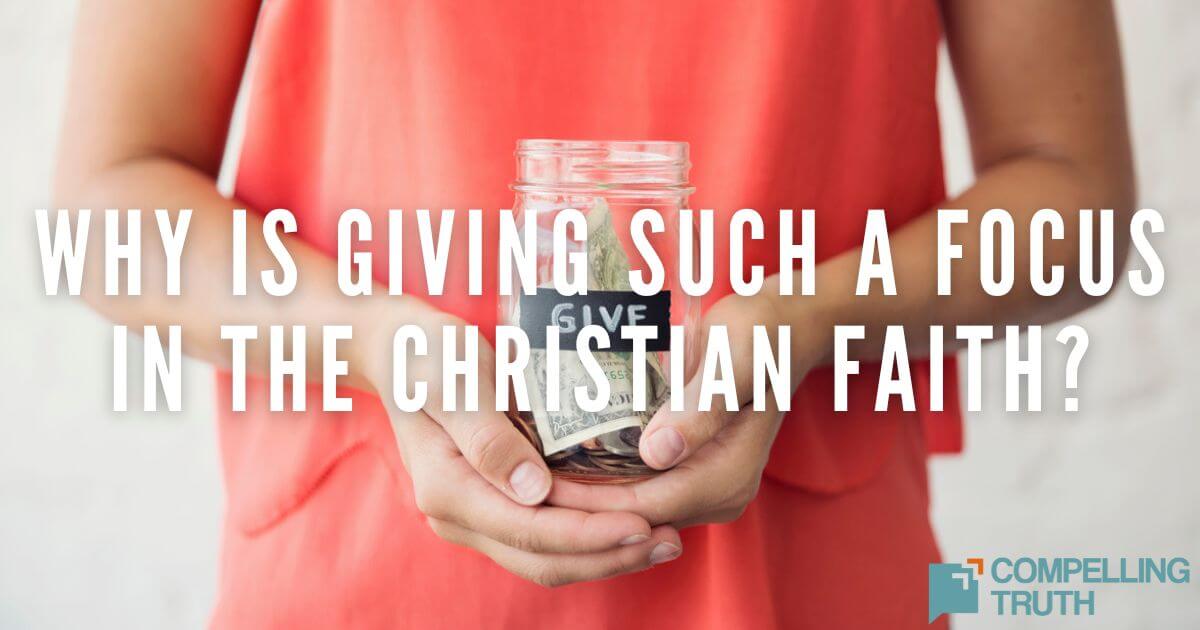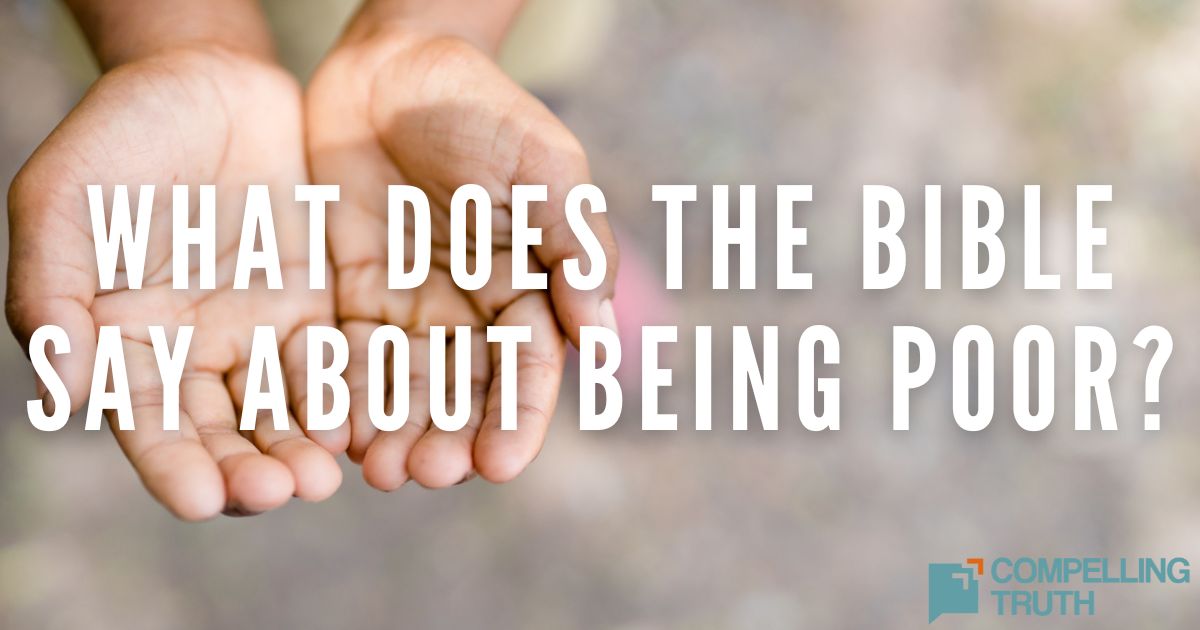The Bible teaches that we are called to love others by meeting their tangible needs, particularly the poor. God commands His people to give generously and kindly, emphasizing that we should act with empathy and share what we have, recognizing that the poor also bear His image. Jesus further stresses that caring for the needy is akin to caring for Him. However, while we are to be generous, we must also use discernment, ensuring that our giving doesn't enable sin or support harmful behavior. Ultimately, our giving reflects the generosity we have received from God and should be done in a way that honors Him.
God has compassion for those in need and desires His followers to share in that concern. The Bible's main requirements about giving to the poor are to give in a way that engenders mutual respect and humble acknowledgment that any generosity in which we participate is only a reflection of the generosity we have been shown by God. Seeing ourselves as dependent on God and recognizing His image in someone else in need can lead to the open-handed generosity of heart and resources that God commands throughout the Scriptures. Ultimately, having been a recipient of God’s generosity, we should be generous to those around us in return (Exodus 22:21; Matthew 10:8; Luke 7:47; Acts 2:42–47; 1 Peter 4:10; 1 Corinthians 15:3).
This does not mean we just give money without accountability to the poor. It means we give with wisdom and discernment, ensuring that our generosity genuinely meets their needs and supports their well-being. We are called to help in a way that fosters dignity and encourages positive transformation, not just short-term relief. This includes being mindful of the root causes of poverty and helping individuals in a manner that promotes their independence and growth.
As we give, we must also consider how our actions reflect the heart of God—showing love, kindness, and understanding—while guiding others toward lasting change through Christ. Ultimately, our generosity is an expression of God’s love and a way to bring others closer to His grace.




